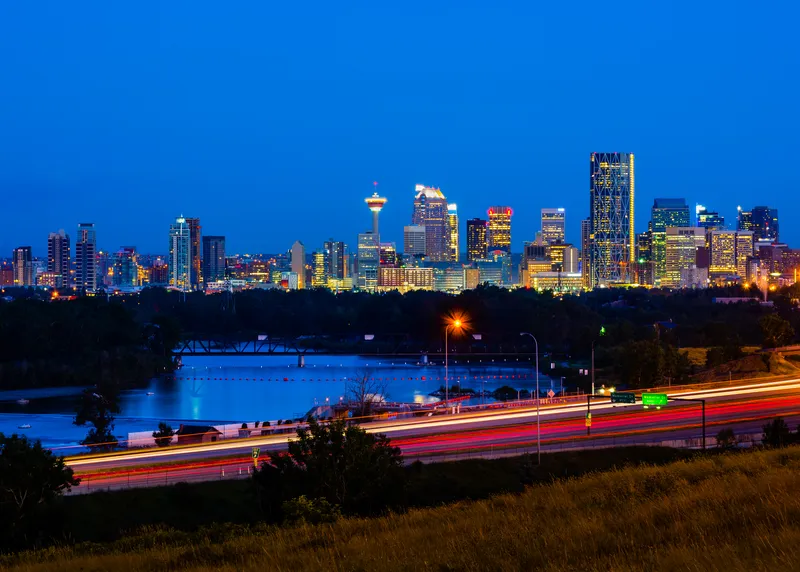
Aimsun is to pilot a traffic management system next year in Norway's second-largest city, Bergen.
The Aimsun Live project for Statens Vegvesen, the Norwegian Public Roads Administration (NPRA), will focus on tunnel closure management and predicting the effects of re-routing, particularly in Damsgårdstunnelen and Løvstakktunnelen.
The pilot is designed to show what happens to traffic flow when a tunnel is closed, and how predictive modelling can help avoid congestion and reduce emissions while optimising traffic management.
The pilot is part of Norway’s part-funded role in the NordicWay 3 C-ITS European Union programme.
It will use the Aimsun Live solution to analyse real-time traffic data and historic travel patterns to predict what will happen on the roads in the next 60 minutes when it comes to traffic flow.
Aimsun says this will help traffic operators make informed decisions on how to use ITS solutions such as changing signal timings or suggesting alternative routes.
“We have a long working relationship with NPRA, and Bergen already has an Aimsun Next microscopic model, which will form the base for the Aimsun Live project,” says Aimsun regional MD Gavin Jackman.
“Transport modelling has proved to be invaluable in planning the way people and goods move around a city – Bergen is now taking this to the next level by using prediction.”
Aimsun will work with NPRA and local consultant Cowi to deliver the pilot in spring 2021, ready for evaluation of traffic flow improvements and other issues over the spring and summer.









